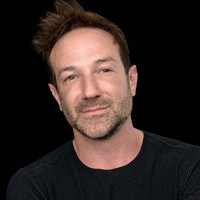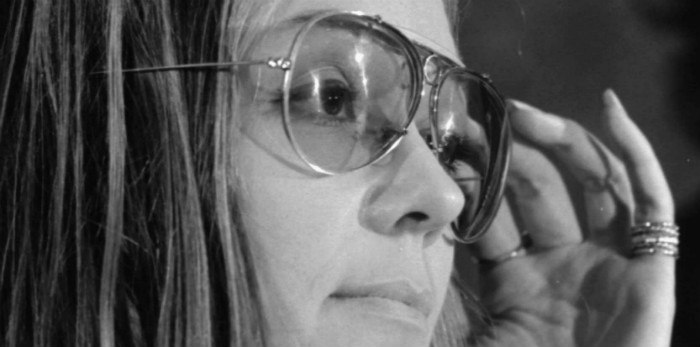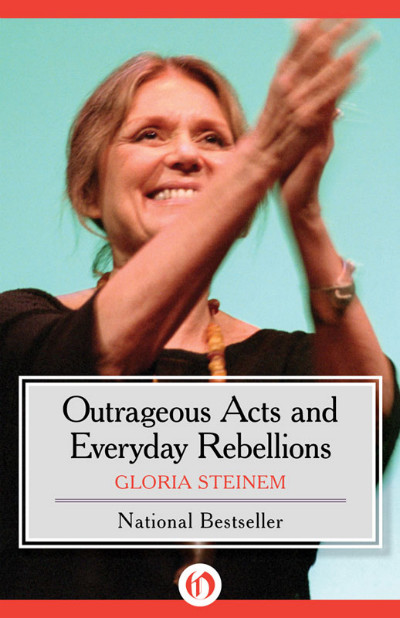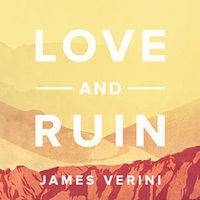Joe Hagan is a correspondent at Vanity Fair and the author of Sticky Fingers: The Life and Times of Jann Wenner and Rolling Stone Magazine.
“It’s the story that begins with John Lennon on the cover of Rolling Stone in 1967 and ends with Donald Trump in the White House. In many ways the book takes you there, I wanted it to. It takes you through the culture as it metastasizes into what it is now. It had a lot to do with a sense of the age of narcissism. The worship of celebrity. Jann was very into celebrity, and worshipful of it and glorifying it and turning it into a thing and eventually celebrity displaces a lot of the ideas they originally started with in my estimation. That was a narrative thread that I began to pull in the book.”
Thanks to MailChimp, Skagen, Screen Dive podcast, Stoner podcast, and Pitt Writers for sponsoring this week's episode.















